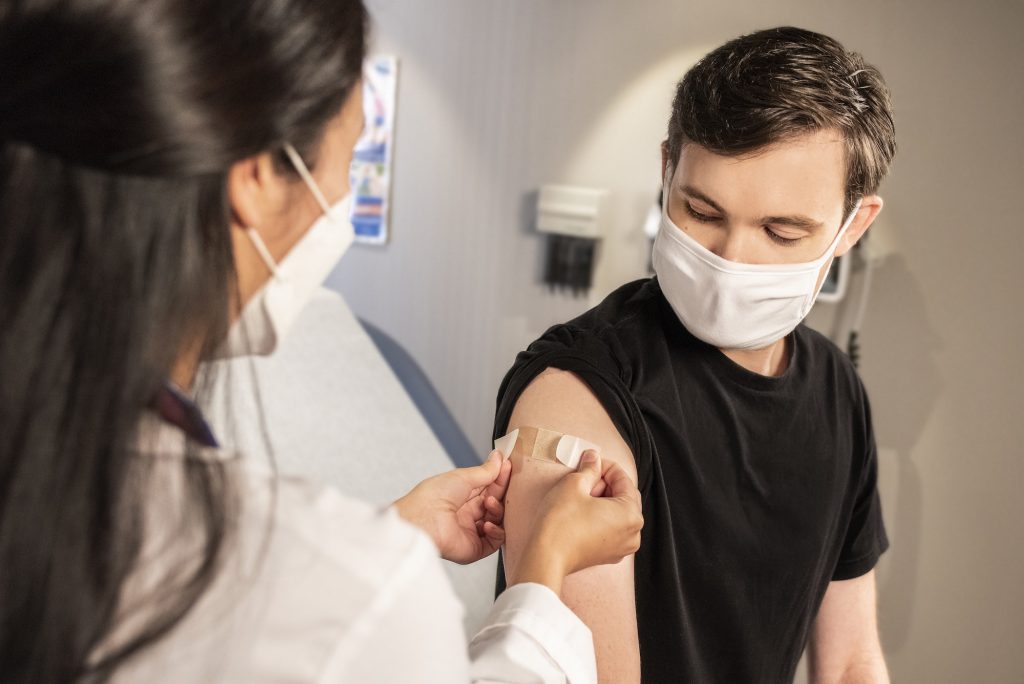Many travellers are unaware that travel vaccines are not a new concept. In fact, producing a proof of immunization has often been part of the requirement to travel internationally ever since Edward Jenner developed the first smallpox vaccine back in 1796.








